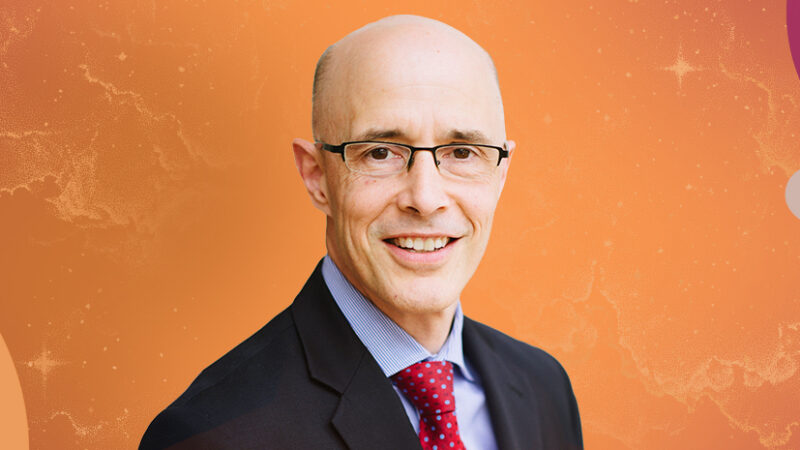Why do we suppress our authenticity? How do we reconcile the need to accept things as they are with a desire to change them? What is the pathway to healing in a world that’s breaking our hearts? In this podcast, Tami Simon speaks with renowned physician and author Dr. Gabor Maté about these profound questions, and how the approach he calls Compassionate Inquiry can help us find the answers within ourselves.
Listen in to this informative, inspiring, and at times “fiery” conversation exploring how to bridge the gap between understanding and embodiment; the “full heart beneath a broken heart”; paying attention to tension; growth, not perfection; the neuroscience of emotions; the connections between sensitivity and addiction; activism and advocacy as an element of healing; the dance of acceptance and agency; psychoneuroimmunology; the search for truth and where it emanates from; and more.
Note: This episode originally aired on Sounds True One, where these special episodes of Insights at the Edge are available to watch live on video and with exclusive access to Q&As with our guests. Learn more at join.soundstrue.com.










